
The history of Jews in Tunisia dates back thousands of years. Some say it began in the days of the Punic Empire, although most trace it to the 2nd century CE. The Jews that descend from this original wave of settlement are referred to as Berber or Amazigh Jews. Later on, Jews from Spain also settled in Tunisia, and this area came under Arab control shortly after in the 7th and 8th centuries. Jews from Tunisia traditionally speak either Judeo-Arabic or Judeo-Berber.
Conditions for Tunisian Jews worsened significantly following the ascension of the Almohad dynasty in mid-12th century North Africa. This dynasty was significantly more fundamentalist than the previous rulers of the area, and imposed significant hardship on Tunisian Jews. Previously, Jews enjoyed protections as “people of the book,” but these rights were removed under the rule of this dynasty. Its rulers forced Jews to convert to Islam, so many fled to Egypt and other areas as a result. However, others decided to stay and continue their traditions through insincere conversion, returning to Judaism when the persecutions ended. Those who remained Muslim were treated very poorly because of their Jewish heritage.
In the 17th century, the Ottoman Empire gained control of the region, affording more protections to Jews (although they were still treated as dhimmis, or second class citizens). The area was later ruled by the French, who gave Jews equal rights, although antisemitism among the local population was still rampant.
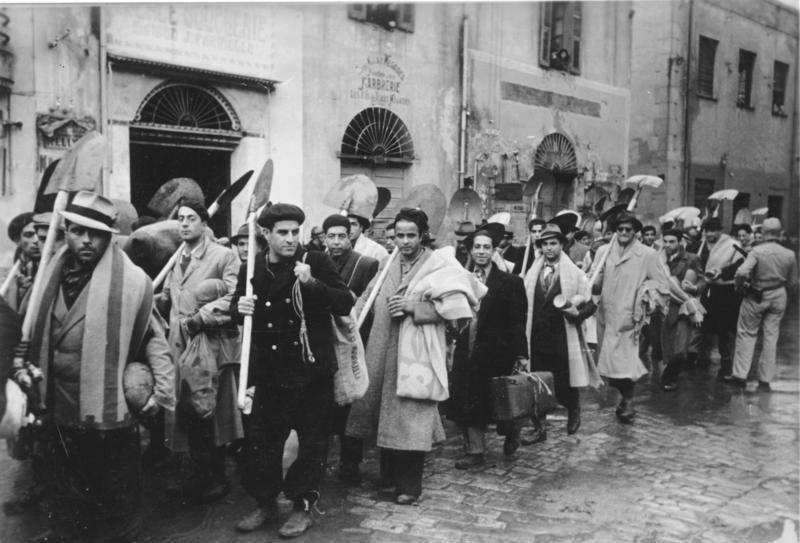
During World War II, Tunisia was the only Arab country to face direct Nazi occupation, and the Jewish population suffered tremendously as a result. They treated Tunisian Jews similarly to those in Europe, subjecting them to forced labor, executions, and numerous other horrors. Eventually, Tunisia declared independence in 1956, although the antisemitism didn’t abate then. The government implemented many anti-Jewish policies, including the destruction of ancient synagogues and other buildings in the name of urban renewel, motivating tens of thousands of Tunisian Jews to leave the country.
Conditions worsened even more when the Six-Day War broke out. Despite official denunciation from the Tunisian government, Arab mobs rioted and burned down many Jewish businesses and synagogues, which pushed thousands more to leave the country. Other antisemitic incidents followed, such as the arson attack against the Mishkan Yaakov Synagogue. Even after further attempts from the government to improve relations, antisemitic incidents are increasing in the country.
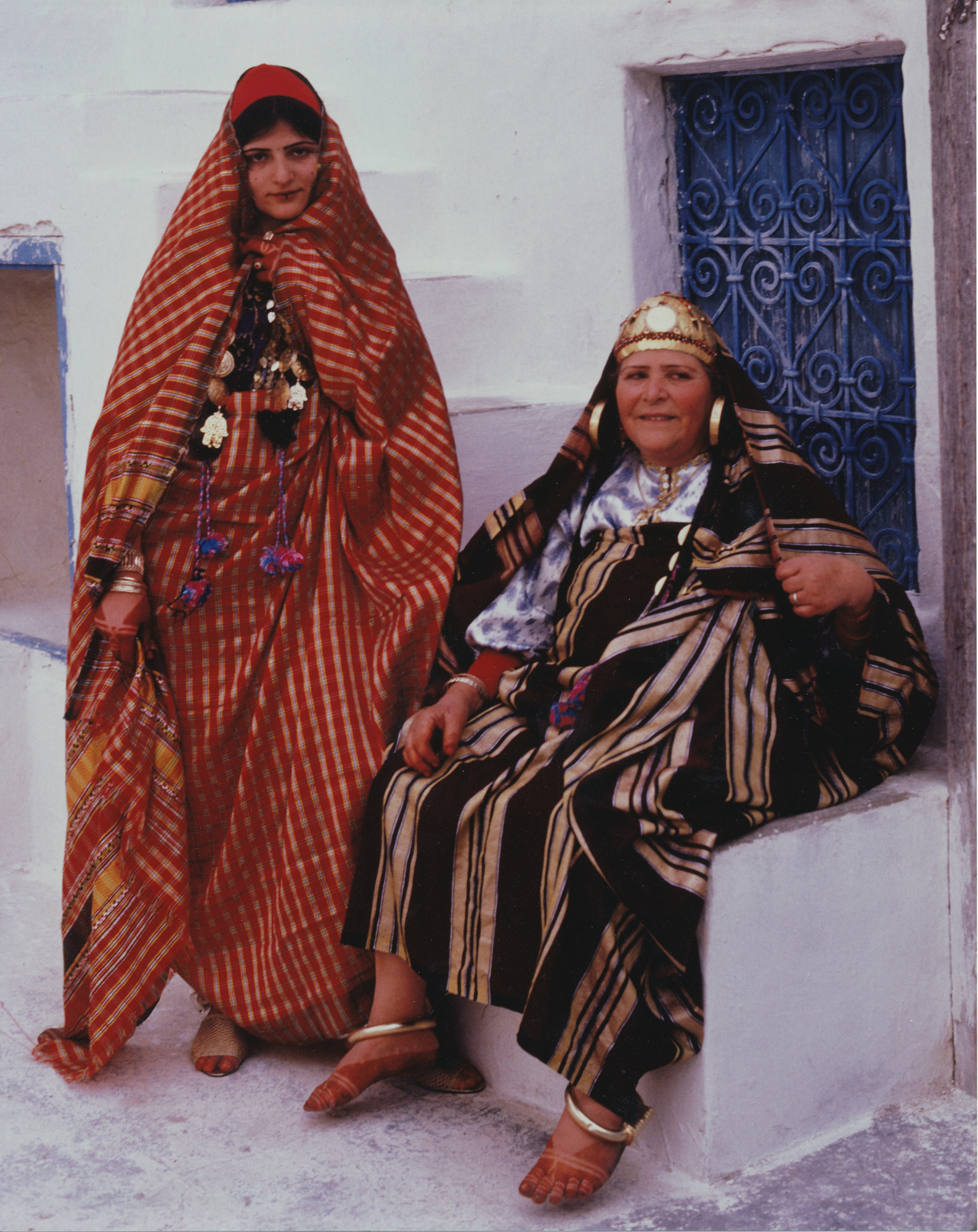
Despite all of these incidents, Tunisia still has one of the highest Jewish populations in the Arab world — although it is a fraction of what it used to be — at only 1,000. For context, there were around 100,000 Jews in Tunisia in 1948. Tunisia does not have any official diplomatic ties with Israel, although many commercial and tourist ties exist.
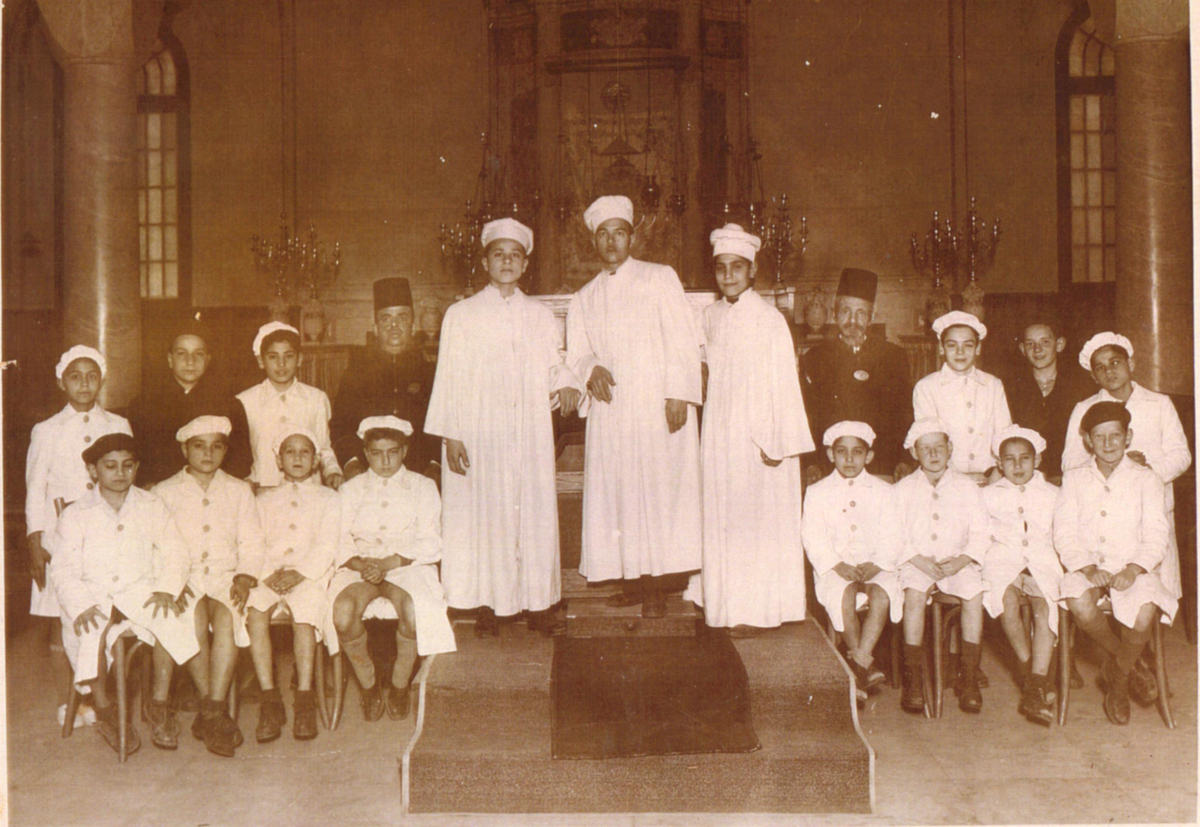
On Sept. 13, 2021, Israeli Prime Minister Naftali Bennett met with Egyptian President Abdel Fattah
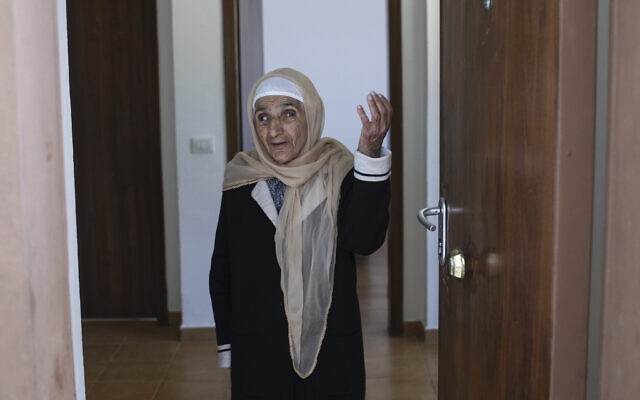
AP — For years, Zebulon Simentov branded himself as the “last Jew of Afghanistan,” the
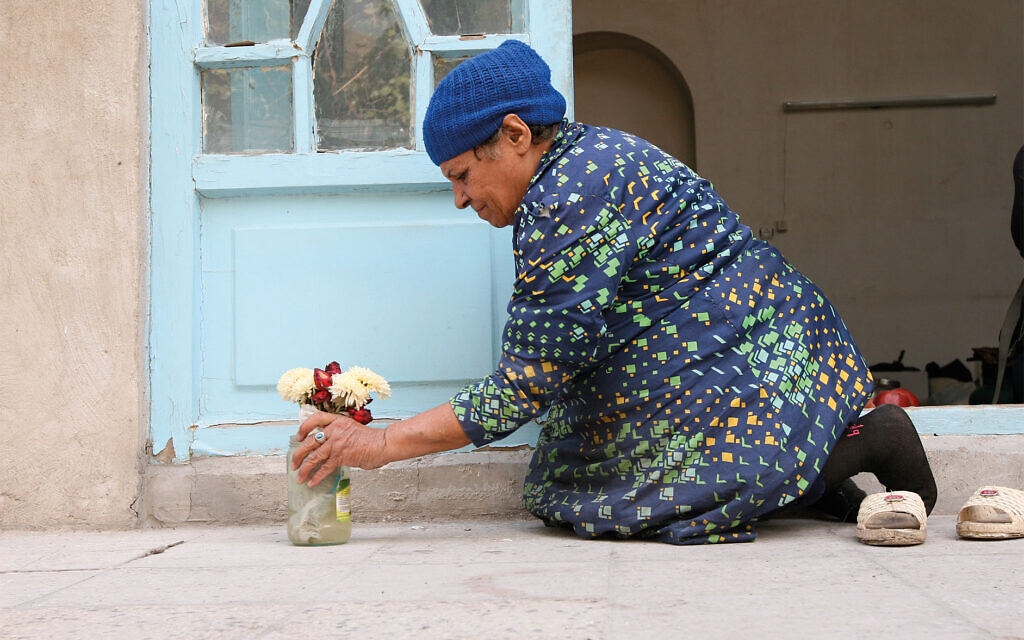
JTA — Jewish prayer in a mosque. Hookah smoke in a kosher kitchen. Hebrew school

Every Friday, my mother and her 11 brothers and sisters have lunch at my grandmother
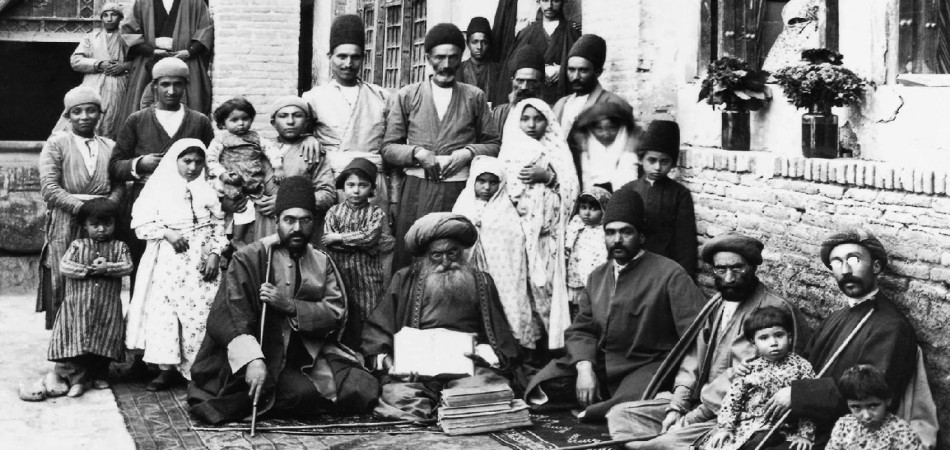
When I think about Israeli culture, I think of startups, I think of gorgeous museums

Music remembers much of what history has forgotten, says Canadian assistant Professor of Jewish